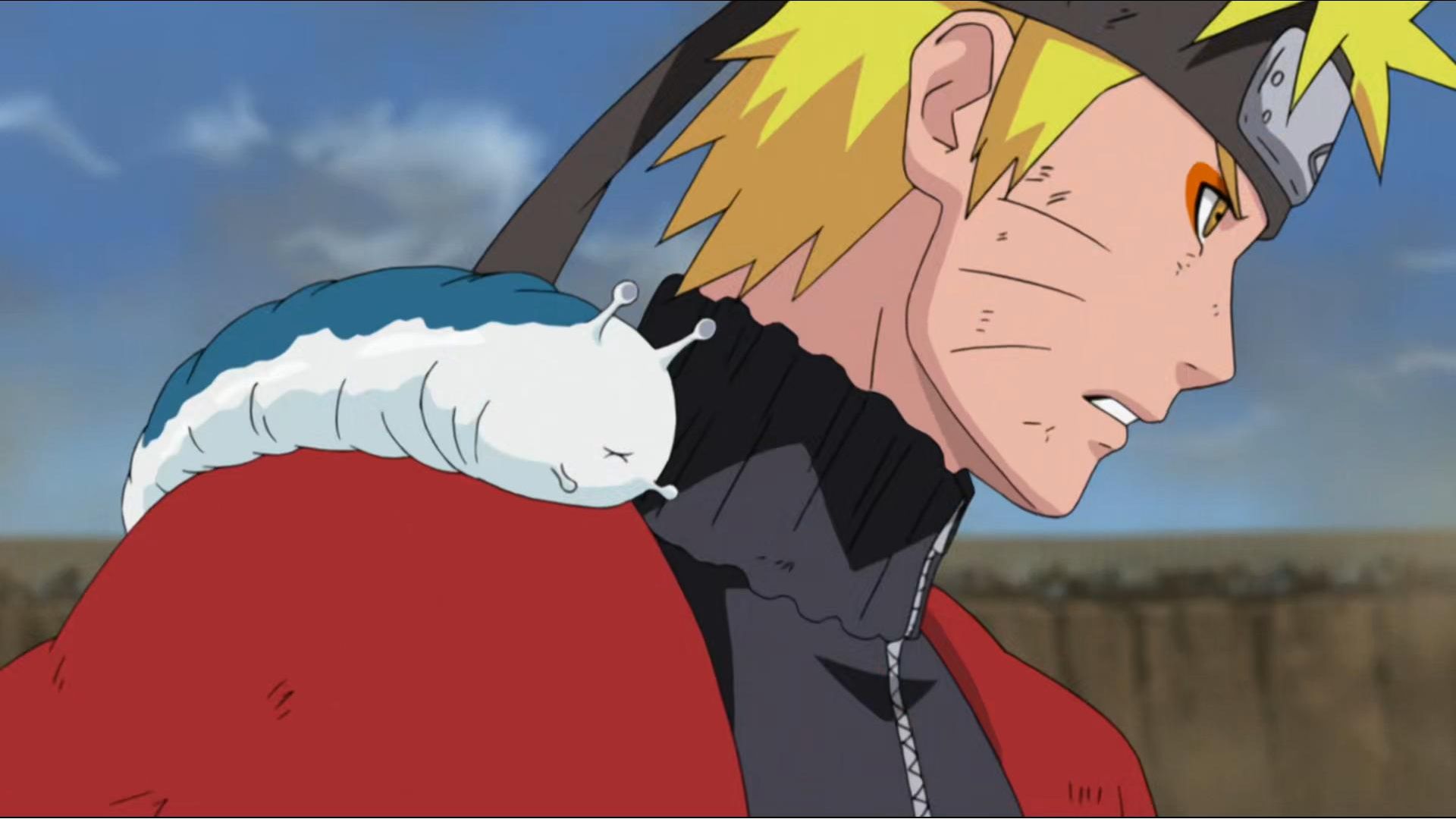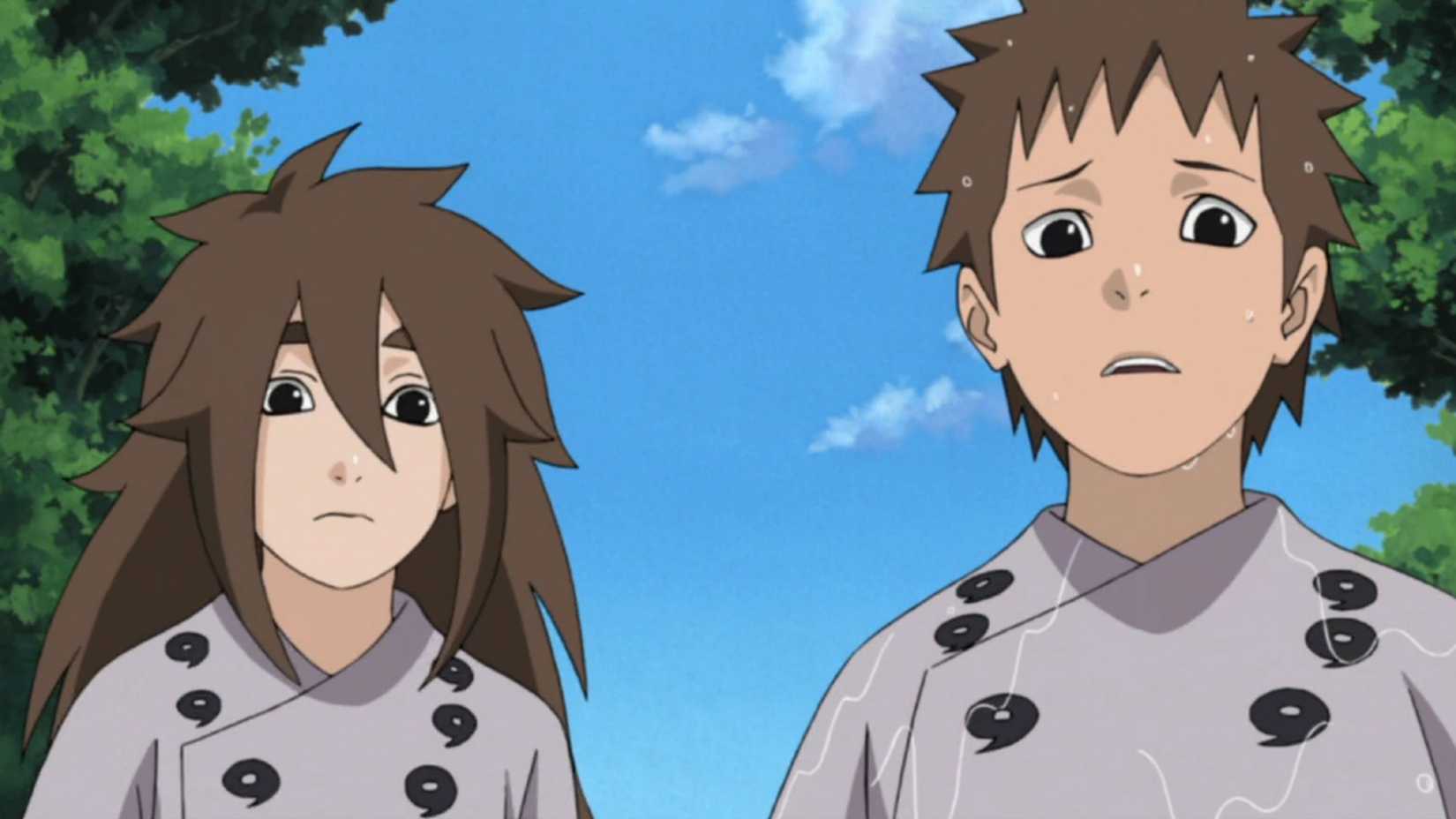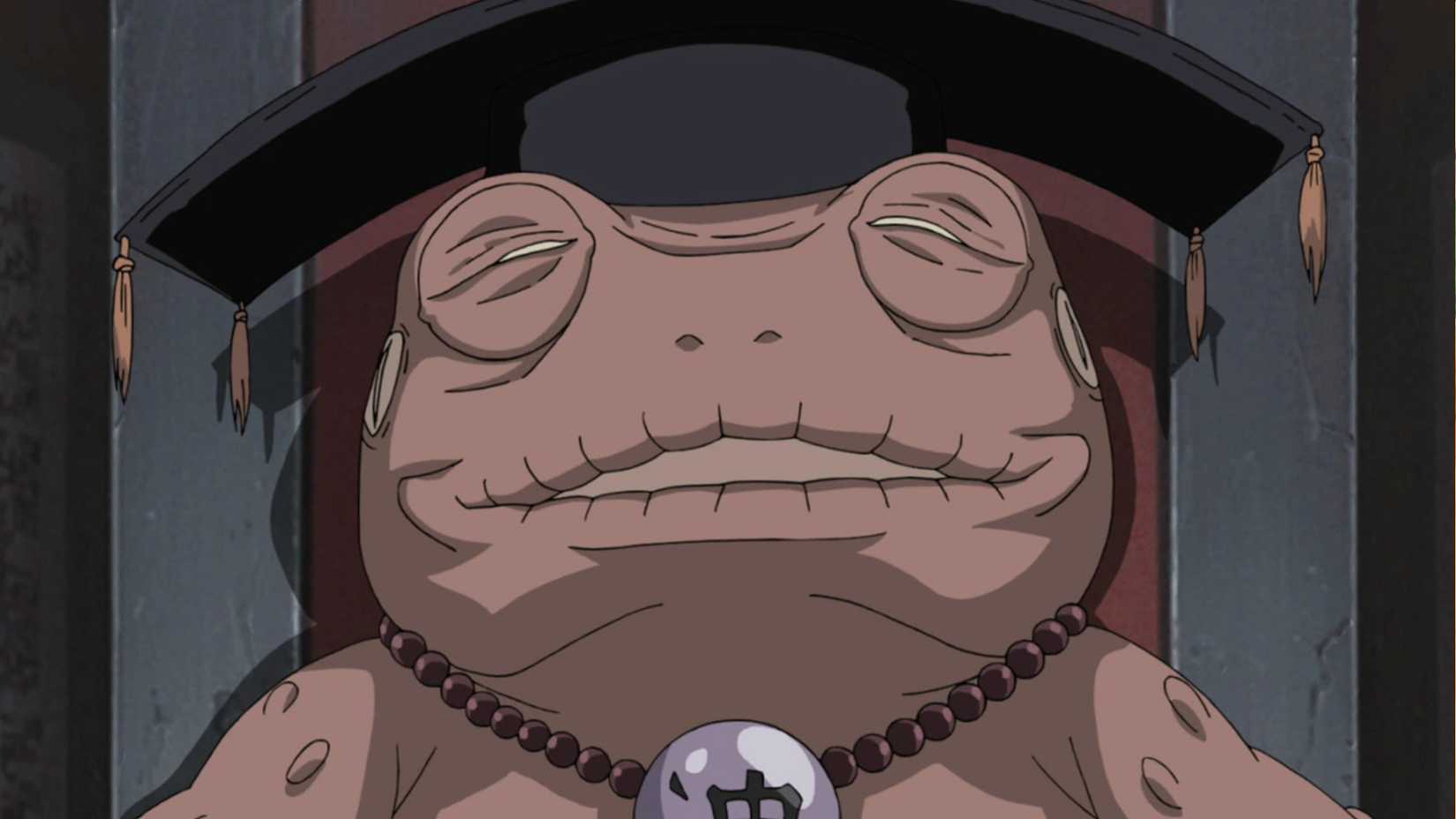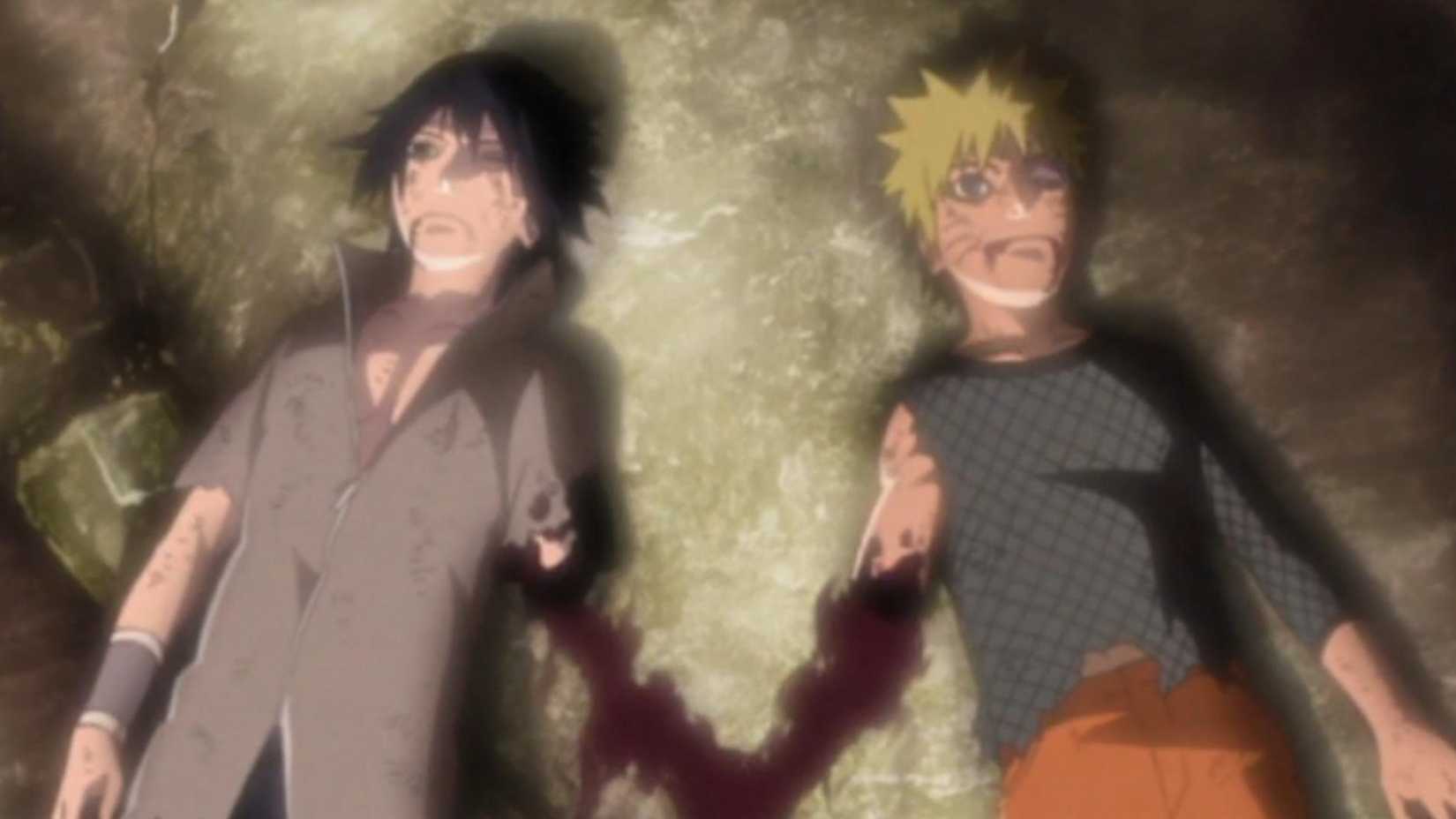
Naruto is considered one of the best shonen manga ever created, but even dedicated fans sometimes point out its inconsistencies. When Masashi Kishimoto first published a prototype of Naruto in 1997, before it became a serialized manga, it’s unlikely he anticipated the massive success it would achieve.
Naruto’s personal growth closely followed the rise in popularity of the Naruto series. He began as a struggling, seemingly unskilled child, but ultimately played a key role in the Fourth Great Ninja War and helped build a new ninja world free from the endless cycle of hatred that Nagato foresaw. However, despite how inspiring Naruto’s story is, it also contains some significant contradictions.
Naruto Proved Neji Right

It’s often unfair to criticize the beginning of Naruto based on how the story changed later on. The series had a lot of revisions – for example, Gaara’s original demon turned into a powerful Tailed Beast, and the character of Danzo was significantly altered. However, it’s hard to ignore the fact that Naruto ultimately showed Neji’s beliefs were correct.
Neji came from a lesser family within the powerful Hyūga clan and believed that a person’s life was predetermined. He found comfort in accepting his fate, especially after his father, Hizashi, died protecting Hiashi. Naruto, however, had a very different view. He strongly believed that people weren’t bound by fate and could create their own futures.
The fight between Naruto and Neji is considered a highlight of the series. It wasn’t just exciting and action-packed, but it also represented a battle of opposing beliefs. Neji saw Naruto’s determination as foolish, while Naruto found Neji’s worldview deeply offensive. It was fitting, then, that Naruto won by finally mastering a technique he’d repeatedly failed during his training.
As a huge anime fan, that fight between Naruto and Neji really resonated with me. It felt like a powerful message about how dedication and effort can overcome natural talent – seeing Naruto, someone everyone counted out, beat a prodigy like Neji was incredibly satisfying. But honestly, the more I think about it, the more it feels like a bit of a cheat! It turned out Naruto wasn’t just a hardworking kid, but the reincarnation of someone super powerful – a descendant of an alien goddess who basically gave the ninja world its energy source. It kind of changes the whole ‘hard work beats talent’ narrative, doesn’t it?

It was clear from the beginning that Naruto wasn’t a typical child – even before the story introduced characters like Kaguya and the Ōtsutsuki clan. Many fans quickly realized he was the son of the Fourth Hokage, and that he possessed the immense power of the Nine-Tailed Fox. Despite this, for much of the first part of the series and even into Shippuden, Naruto was still seen as the underdog.
Things really started to change during the Fourth Great Ninja War. As we discovered more about the Sage of Six Paths, Naruto and Sasuke didn’t seem as unique anymore. It turned out their struggles weren’t about changing the world, but were actually part of a repeating pattern that began with Ashura and Indra long ago.
If Naruto’s destiny was truly to battle Sasuke and protect the ninja world, then Neji was right all along. It seemed like fate actually existed in the world of Naruto, and neither Naruto nor Sasuke could escape it.
Kishimoto Had A Complicated Relationship With Fate

The series Naruto often explored repeating patterns – like Naruto, Sasuke, and Sakura each learning from one of the legendary Sannin. But Naruto Shippuden took this idea further by introducing the concept of fate. Jiraya received a prophecy stating one of his students would either save or destroy the ninja world, which made viewers question whether the characters truly had free will.
I never found the Great Toad Sage’s prophecy as frustrating as the story with the Ōtsutsuki clan. Prophecies are inherently confusing and open to interpretation. Even now, I question whether Naruto was truly the one foretold in the prophecy, or if Jiraya’s students collectively helped build a brighter future.
During the fight with Pain, Naruto still seemed to be in control of his own destiny. He vowed to solve the problems that Nagato couldn’t, even if it took a lifetime. However, when ideas about how chakra is recycled and the endless conflict between Ashura and Indra came into play, it became less clear just how much free will Naruto actually possessed.
There Was Beauty In Naruto’s Hypocrisy

While the Kaguya arc had some contradictions, it didn’t diminish the impact of Naruto’s overall story. There was a certain charm to Naruto’s flaws, especially how unaware he was of the bigger picture. Even if fate was at play, Naruto wouldn’t have known or been concerned about it.
Naruto’s journey centered around forging his own path as a ninja, no matter what challenges he faced. While it felt a bit repetitive seeing Naruto and Sasuke’s rivalry mirror the past conflicts of characters like Madara and Hashirama, Naruto ultimately changed things. He chose to save Sasuke instead of destroy him, and that’s the most important part of his story.
Read More
- Gold Rate Forecast
- ‘I Can’t Say It On Camera.’ One Gag In Fackham Hall Was So Naughty It Left Thomasin McKenzie ‘Quite Concerned’
- ‘John Wick’s Scott Adkins Returns to Action Comedy in First Look at ‘Reckless’
- Pokemon Legends: Z-A Is Giving Away A Very Big Charizard
- The Greatest Fantasy Series of All Time Game of Thrones Is a Sudden Streaming Sensation on Digital Platforms
- Marvel Studios’ 3rd Saga Will Expand the MCU’s Magic Side Across 4 Major Franchises
- 10 Worst Sci-Fi Movies of All Time, According to Richard Roeper
- ‘The Night Manager’ Season 2 Review: Tom Hiddleston Returns for a Thrilling Follow-up
- New horror game goes viral with WWE wrestling finishers on monsters
- Brent Oil Forecast
2025-11-16 00:19